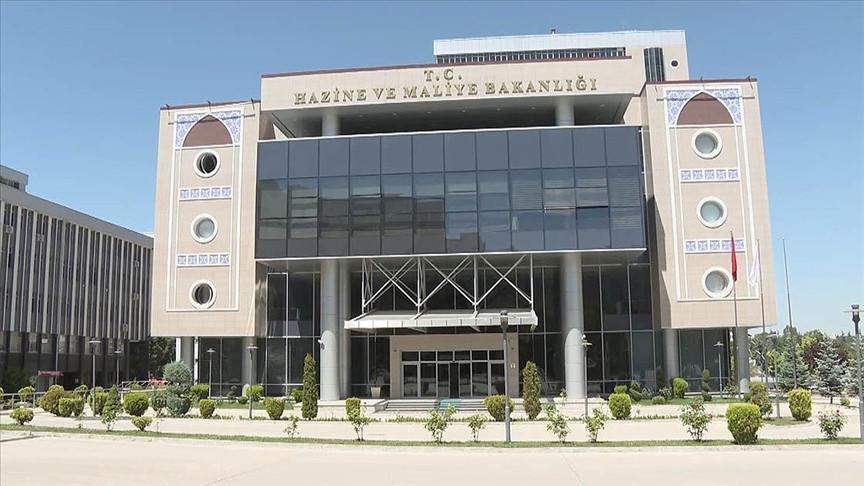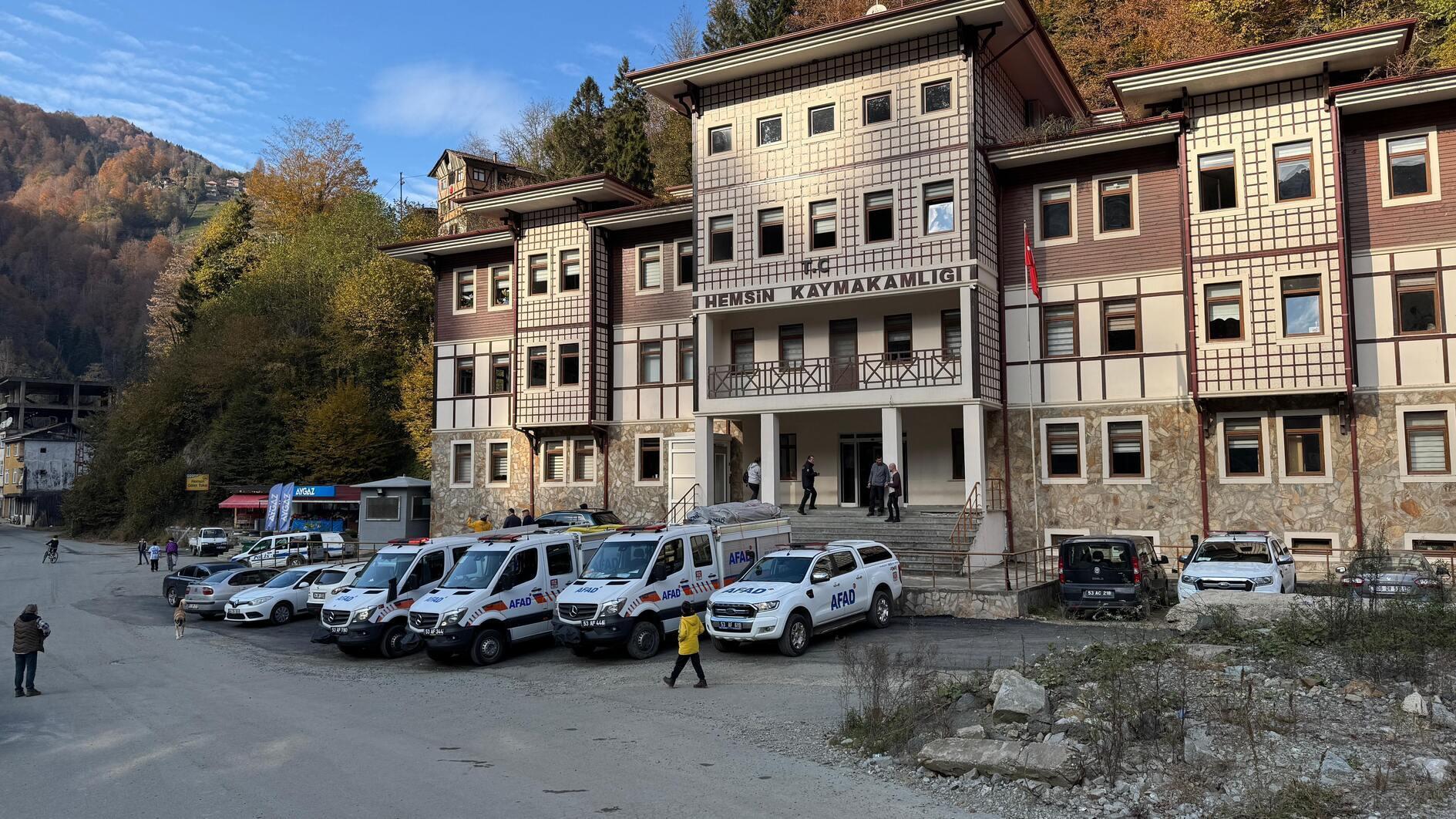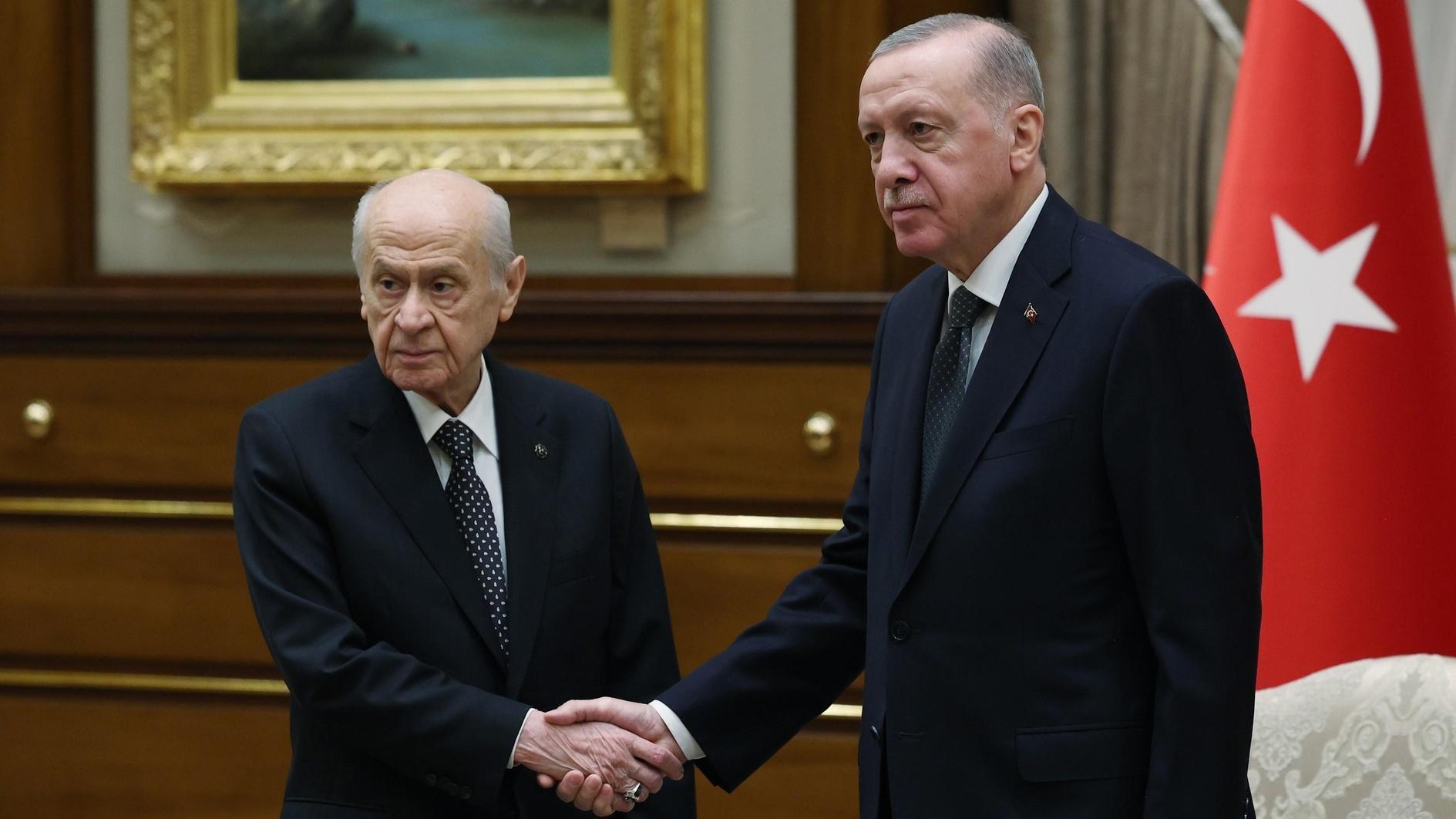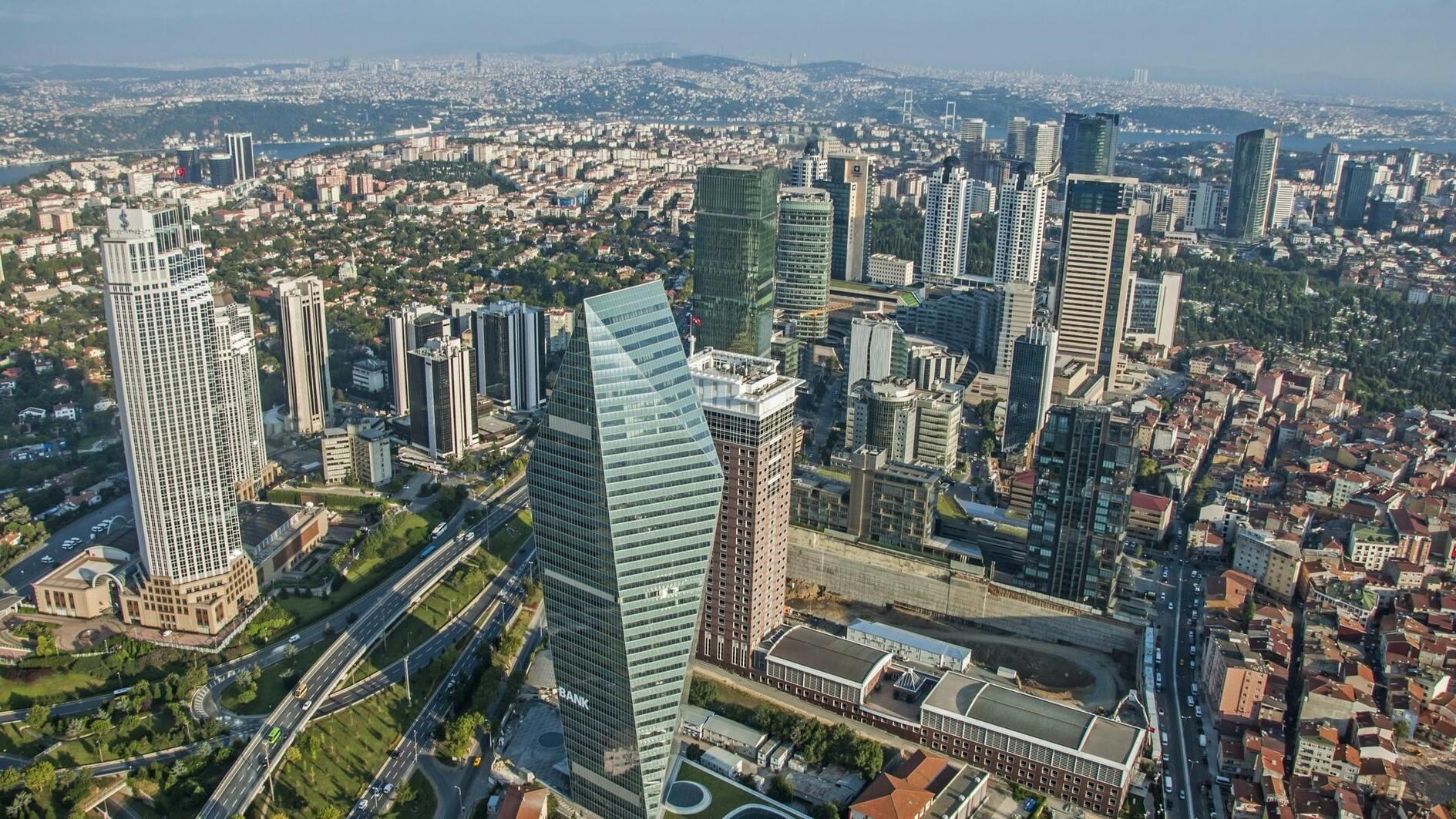Turkish CEOs need to work more on their weaknesses
The reputation of journalists has been growing in the negative direction for quite a long time.
When I used to come across those criticizing journalists in Turkey, I used to say that we all are the product of the same society. “As much as there are good engineers and bad engineers, good doctors, bad doctors, there are good journalists and bad journalists,” I used to say.
Yet somehow one tends to put top level executives into another category. After all, they must have “superior” qualities that helped them rise to the top.
But an analysis conducted by Korn Ferry, an executive search company which has been active in Turkey for the past 19 years, reveals that Turkish CEOs have the same weakness and strengths of the average Turkish citizen when compared to CEOs of other countries.
Let me elaborate.
With nearly half a century global experience in the sector, Korn Ferry currently operates in 78 offices in 37 countries. It possesses scientific data about more than 2.5 million top executives. As it also has data about 1,000 top executives in Turkey, Korn Ferry decided to conduct an analysis comparing Turkish CEOs to CEOs of other G-20 countries.
The fact that Turkey has assumed presidency of the G-20 and will host the summit next month in Antalya has inspired Korn Ferry to take on this study, said Nilgün Langenberg, the office managing director.
In the past, recruitment was based on information but now you can find information everywhere. What matters is to better assess the candidate, she said when we met last week. So, scientific analysis has become much more important.
Langenberg shared with me Korn Ferry’s charter of four dimensions of leadership. The first two are competencies (like understanding the business and focusing on performance) and experiences (like crisis management and degree of responsibility), which are easier to measure. The other two are traits are more about personalities, as well as drivers (motivations).
“People get hired for the first two, but fired for the last two,” said Langenberg.
Turkish top executives are better on the “thought” factor, which comes under the category of competences. They rank high on understanding the business, making the right call, creating the new and the different. Where they fall behind their G-20 peers is defined by Korn Ferry as the “self” factor: “Being open, authentic, flexible and adaptable.” These are not exactly the characteristics Turkish CEOs excel at.
They are good at managing work but not as good at managing themselves. They are not open to feedback, to criticism, to take lessons from mistakes and to accept mistakes as an opportunity to learn.
Setting a dangerous precedent
This outcome should not come as a surprise to the Turkish audience. After all, have we ever seen a government official accepting mistakes? Isn’t Hürriyet under constant attack because our top leadership cannot tolerate criticism?
Why did we accept as normal mainstream sports commentators being condemned instead of applauding a football referee when he accepted his mistake and offered apologies? The conduct of Deniz Çoban in their eyes was unacceptable because he would have set a dangerous precedent: to accept mistakes and offer apologies!
Korn Ferry’s analysis shows how Turkish CEOs suffer from the deficiencies of Turkish society.
Let’s take the issue of motivation, for instance. What motivates Turkish CEOs is power, which is defined as seeking influence and recognition. On the other hand, Turkish CEOs are not interested in independence; that is, working without imposed constraints.
Growing up in a society that worships power, with a culture of total loyalty to a hierarchical order, can we expect Turkish executives not to be control freaks, to be independent-minded, to adapt to younger generations’ urge to work in a flexible way and be able to take initiatives on their own?
Global competition requires global executives
Another outcome of the study is that looking at leadership skills, Turkish CEOs are better on learning agility as well as emotional intelligence. But their G-20 peers are better on innovation, creativity and discovery.
So why is this comparative analysis important? It is important because Turkey wants to be a global player. For that, it has to have top executives that can compete globally. And for that, according to Lagenberg, those executives need to “use their strengths but work on their weaknesses. Instead of turning a blind eye, at least they should learn to manage those weaknesses.”











